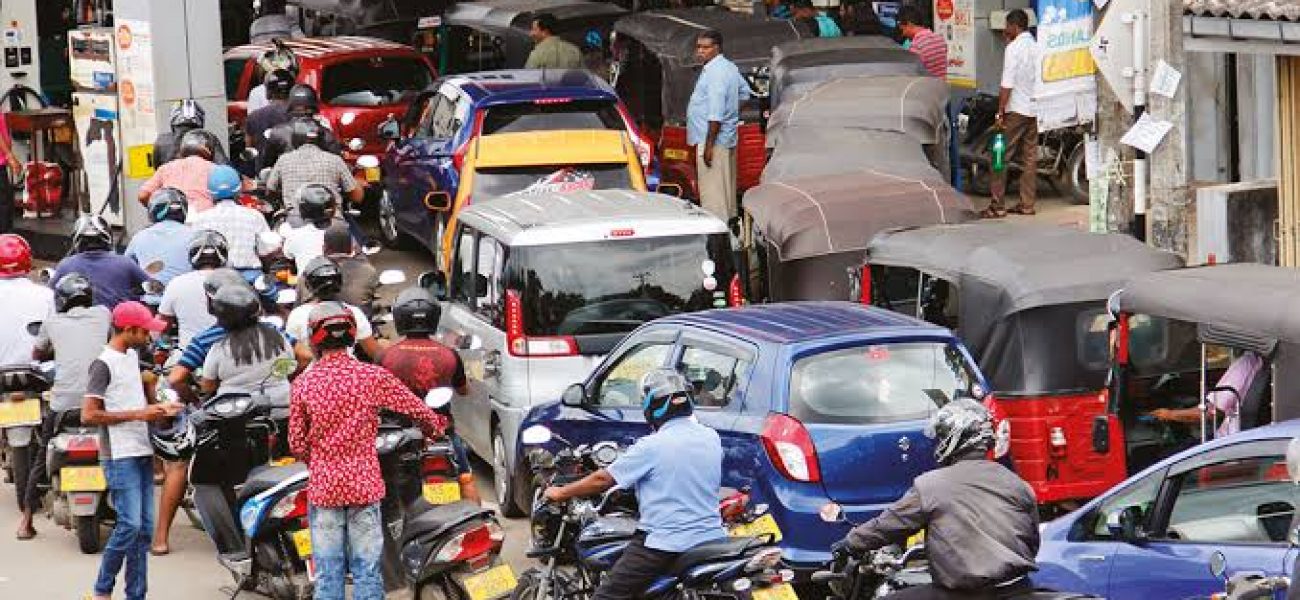Several States in the country are once again, experiencing a scarcity of petrol, with consumers queuing for long hours at the few filling stations that have petrol available for sale. The price of the commodity has risen to over N700 per litre at some filling stations, despite the assurance by the Nigerian National Petroleum Corporation Limited (NNPCL) in a statement on April 25, that the prices of petroleum products remained unchanged and that supply issues had been resolved. The NNPCL again promised Nigerians that the scarcity issues would be fixed by Wednesday, May 1, 2024.
The increase in price is not exclusive to petroleum products. At the beginning of April 2024, the Nigeria Electricity Regulatory Commission (NERC) approved an increase in the electricity tariff of the supposedly premium category of customers (Band A), from N66 to N225 per kilowatt hour. The increase sparked an outrage among citizens, as electricity distribution companies (DISCOs) increased the tariff across several customer categories, despite poor electricity supply. However, NERC insists that only customers on Band A, who receive a minimum of 20-hour electricity supply day should pay the new tariff, and ordered DISCOs to automatically downgrade any Band A feeder who receives less than 20 hours of electricity supply for seven consecutive days.
The Minister of Power, Adebayo Adelabu, who appeared before the Senate Committee on Power on Monday, April 29, 2024 for an investigative hearing, reiterated the position of NERC on the payment of the new tariff by only customers on Band A, who enjoy a minimum of 20 hour of electricity supply. The purpose of the hearing was the need to halt the increase in electricity tariff by DISCOs amid the biting economic situation in Nigeria. The Power Minister explained that the Federal Government will pay the sum of N2.9 trillion as electricity subsidy if the tariff rate was not reviewed.
Upon resumption of plenary on Tuesday, April 30, 2024, the House of Representatives in a resolution, ordered NERC to suspend implementation of the new tariff. It also resolved to set up a Special Committee to organise a hearing on electricity price regulation. The resolution followed a motion by Representative Kama Nkemkanma (Ebonyi; APC) on the need to address key issues surrounding the sudden hike in electricity prices in Nigeria.
Nigerians have been grappling with the rising cost of goods and services which intensified after the removal of petrol subsidy and unification of foreign exchange rates. The situation has worsened as the prices of many commodities and services have risen astronomically while the naira continues to fluctuate in the foreign exchange market. In the midst of this, the earnings of individuals have largely remained the same.
On April 30, the Federal Government announced the approval of a salary increase of 25% to 35% for civil servants on six Consolidated Salary Structures. The Federal Government also approved an increase of 20% to 28% for persons on the six salary structures.
Earlier, the Edo State government announced a new minimum wage rate of N70,000 while in the Lagos State government stated that it has been paying civil servants a wage award of N35,000 in addition to their salaries.

